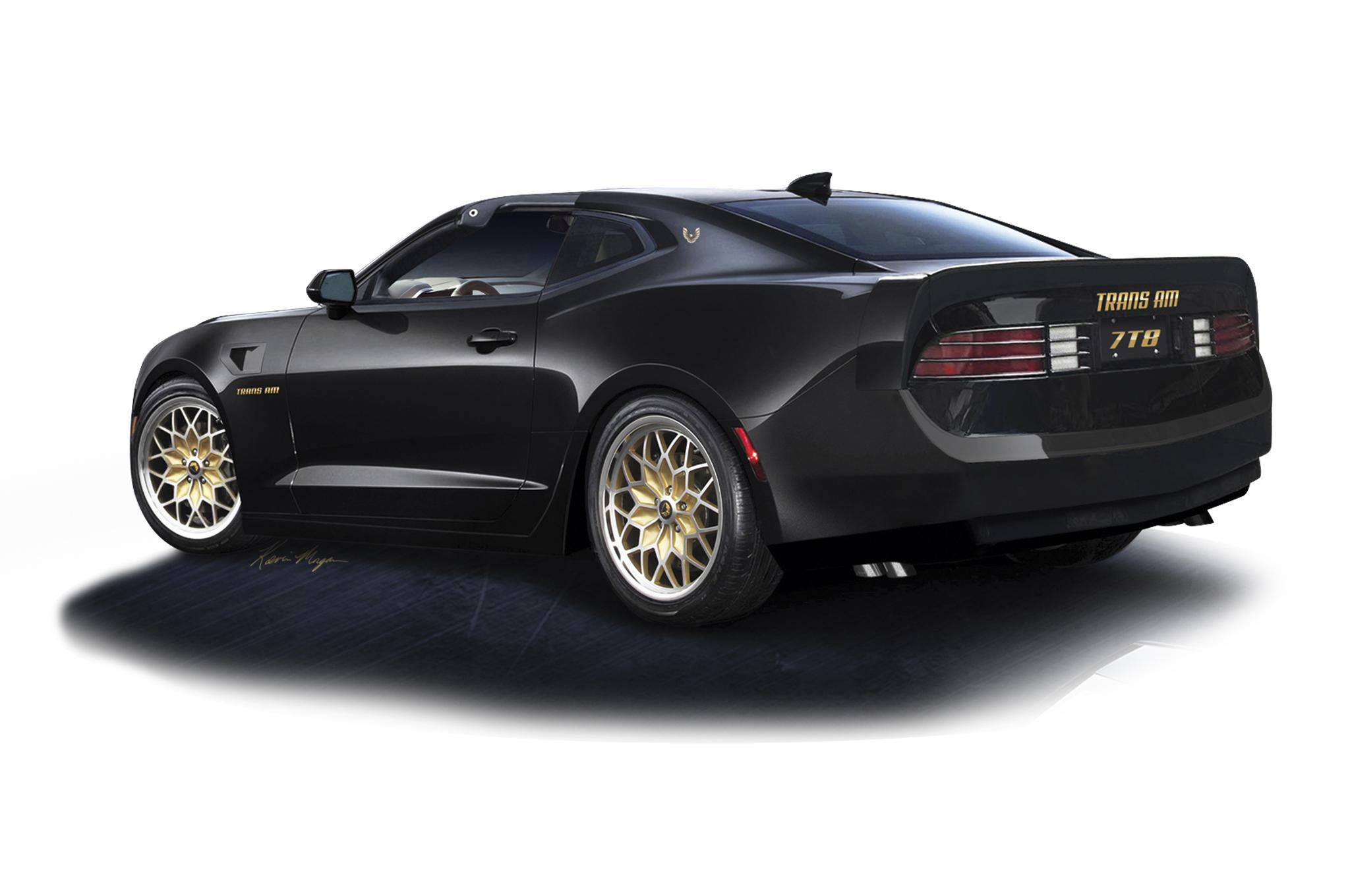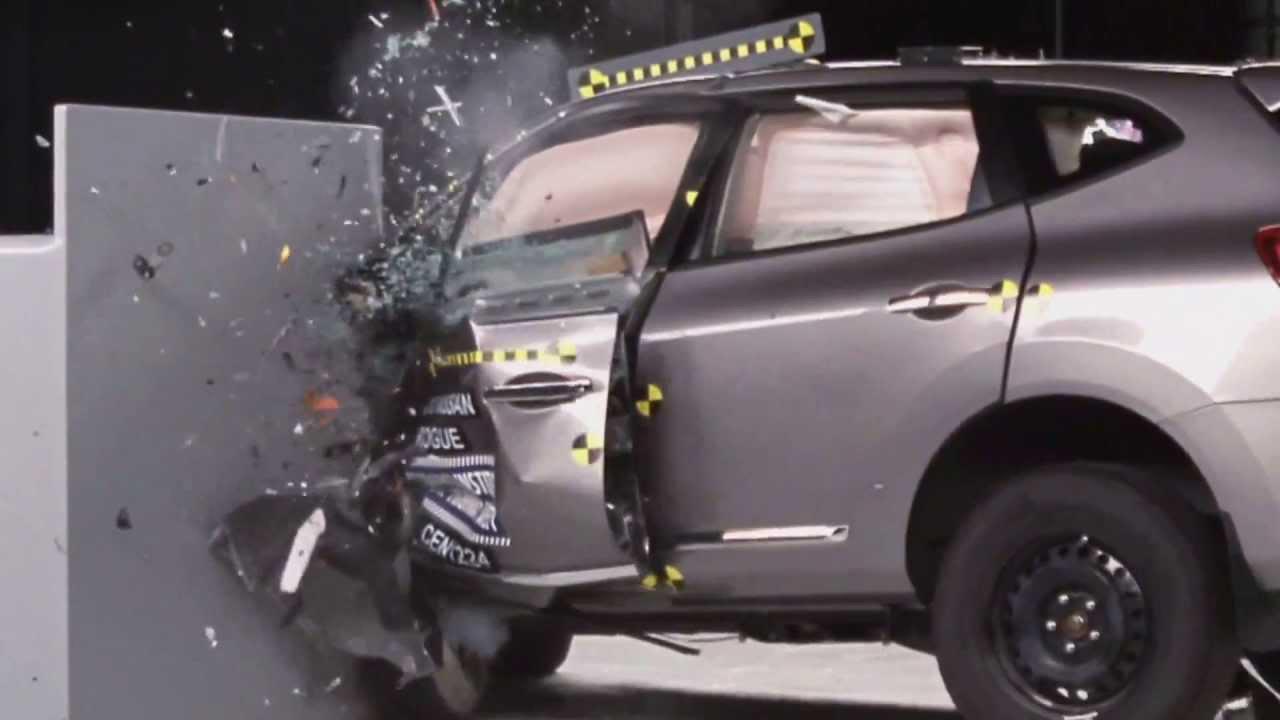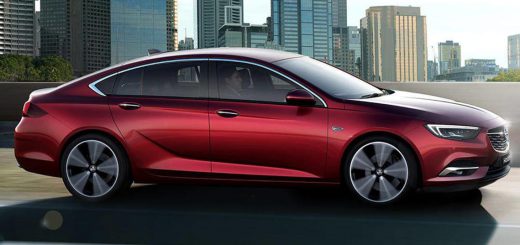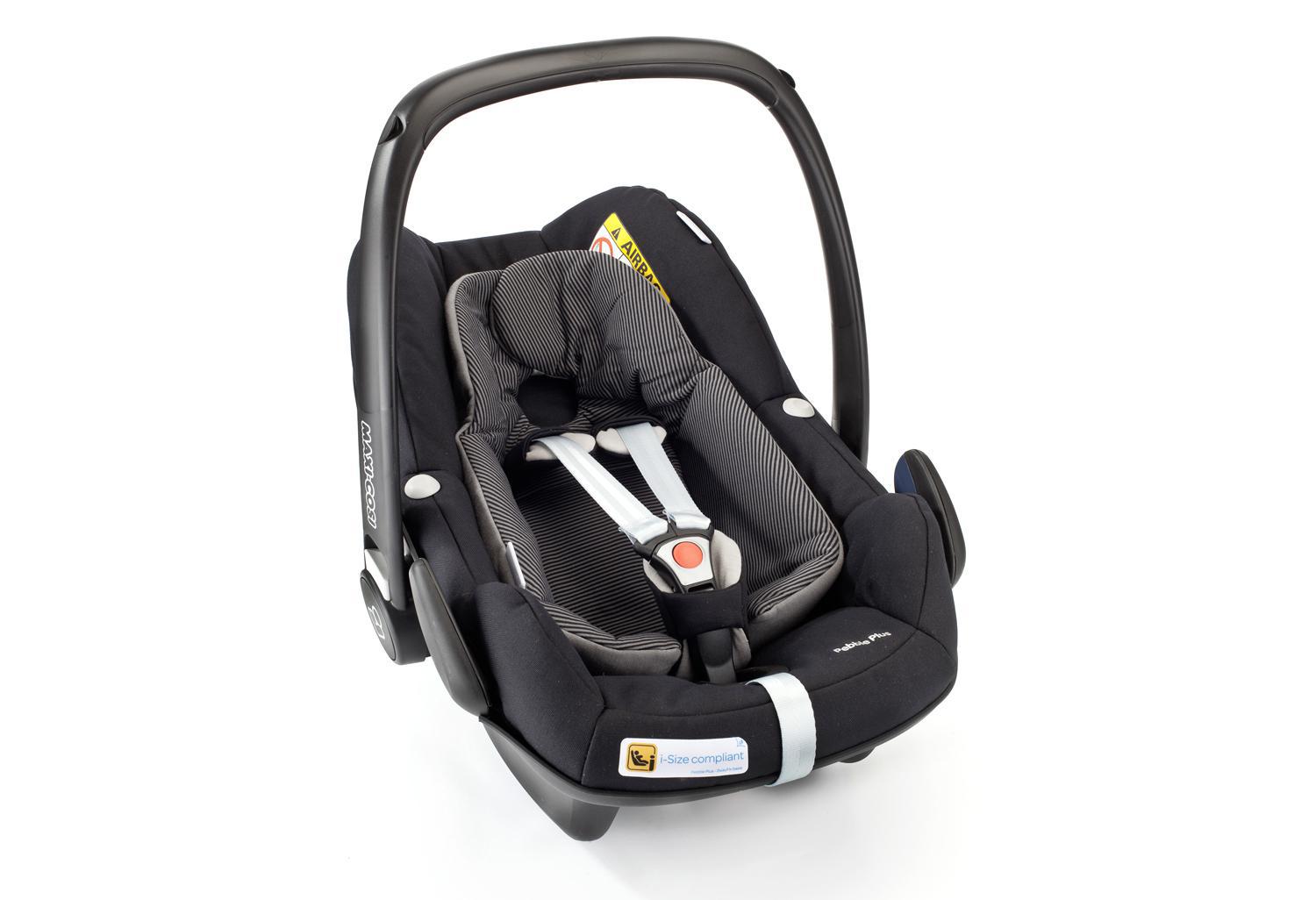Used Cars for sale, 2nd forearm cars for sale, AA Cars

Used Cars for Sale
Volkswagen Tiguan Two.0 TSi BMT one hundred eighty 4Motion R Line 5dr DSG
Volkswagen Tiguan Two.0 TSi BMT one hundred eighty 4Motion SEL 5dr DSG
Volkswagen Tiguan Two.0 TDi BMT one hundred fifty 4Motion R Line 5dr DSG
Volkswagen Tiguan Two.0 TDi BMT one hundred ninety 4Motion SEL 5dr DSG
Volkswagen Tiguan Two.0 TDi BMT one hundred ninety 4Motion SE Nav 5dr DSG
Volkswagen Golf Two.0 TSI GTI Clubsport forty 5dr DSG
Volkswagen Golf Two.0 TSI GTI 5dr DSG
Volkswagen Touareg Trio.0 V6 TDI two hundred forty five R Line 5dr Peak Auto
Volkswagen Touran Two.0 TDI R Line 5dr DSG
Volkswagen Tiguan Two.0 TDi BMT one hundred fifty SE Nav 5dr DSG
Volkswagen Golf Two.0 TDI GTD 5dr DSG [Nav]
Volkswagen CC Two.0 TDI GT Black Edition 4dr DSG
Volkswagen Passat Two.0 TDI GT 5dr DSG
Volkswagen Touran 1.6 TDI one hundred fifteen SE Family 5dr DSG
Volkswagen Scirocco Two.0 TSI one hundred eighty BMT GT Black Edition 3dr DSG
Volkswagen Golf 1.Four TSI SE 5dr DSG [Nav]
Volkswagen Golf SV 1.Four TSI SE 5dr DSG
Volkswagen Scirocco Two.0 TDi BMT R Line Black Edition 3dr DSG
Volkswagen Golf SV 1.Four TSI SE 5dr DSG
BMW three Series 330d Luxury 4dr Step Auto
Volkswagen Golf 1.6 TDI SE 5dr DSG
Volkswagen Golf SV 1.Four TSI SE 5dr DSG
Volkswagen Golf 1.Four TSI SE [Nav] 5dr
Volkswagen Golf 1.Four TSI SE 5dr DSG
Volkswagen Golf 1.0 TSI one hundred ten SE [Nav] 5dr
Volkswagen Golf e-Golf 5dr Auto
Volkswagen Golf 1.6 TDI SE 5dr [Nav]
Volkswagen Golf 1.0 TSI Match BlueMotion Edition 5dr
Volkswagen Golf SV 1.Four TSI SE 5dr
Volkswagen Golf 1.Four TSI Match 5dr DSG
- Prev
- 1
- Two
- Three
- Four
- Five
- 6
- 7
- 8
- 9
- Ten
- Next
* Calls may be recorded for training and monitoring purposes. Please refrain from providing credit/debit card information on these calls. If you do so it is at your own risk.
** plus VAT where applicable
About Used Cars
For anyone that wants to buy a fresh car, there are many reasons why the used market is an excellent place to begin looking. There’s a gigantic amount of variation on suggest, you will be able to get good value for money, and if you buy from a reputable dealer, you’ll be covered legally, too.
The used car market is a large one in the UK — around seven million used cars are sold every year — so you can be ensured to find a fine deal of choice on suggest. But buying a used car isn’t just about choice, it offers excellent value for money, too.
Fresh cars typically lose around 40% of their value in their very first two years, which for those selling is a sore point. However, for buyers on the used market it means you do get far more value for money than you would when buying fresh. And with the introduction of longer factory warranties from manufacturers, many used cars are still covered if things go wrong.
Buyers might be worried over a car’s history or of niggling, hidden problems, but if you’re careful about what you want and check the car scrupulously you can be certain of picking up a real bargain on the used car market.
How to buy a used car?
With so much choice on the used car market you might wonder where to begin. Taking the step to embark looking is a good very first step, but you’ll need to ask a few questions in order to truly get the car that’s best for you.
The best place is to begin is by thinking about what you’ll need your car for. Will you need it for transporting your family on a daily basis? Do you need it for moving your contraptions and equipment? Or do you just need an efficient little run-around for yourself?
Next, you will need to set yourself a budget. When doing this, don’t just think about the money you have to spend on buying a car, but how much you will be able to spend on running it, too. If you want something that is affordable on a day-to-day basis then it’s best to look for a puny car with a petite engine — ideally with low emissions, as this could mean you qualify for lower road tax. You should also determine whether you want a petrol or diesel powered car. Diesels are more expensive to buy outright but typically suggest lower running costs, so they are a good option for drivers that will be covering big distances on a regular basis. Unless you are covering lots of miles every day, however, petrol engines are often more cost efficient.
When it comes to making the purchase you can buy from either a dealer or a private seller. Private sellers can be more competitive on price, but from a dealer you will have legal protection. If you have an old car that you are substituting, you might be able to use this as a part exchange for a used car when buying through a dealership, which could lower your costs further.
Ultimately, recall to accurately check any used car in person before buying. Never buy without taking a test drive so you can check whether it is in good form and comfy. You’ll also need to make sure that it comes with all the necessary paperwork. Have a look at our checklist of things to look for to find out what you should be keeping an eye out for.
Which used car should I buy?
With so many different used cars on the market, it can be difficult to determine on which one is right for you. Here we look at the different car classes and which is best for what sort of driver.
Microcar
Microcars are best for use in cities and for drivers only making brief journeys in urban settings. Typically, microcars are very fuel efficient, relatively low emitters and compact in size. While this means that they don’t suggest much in the way of storage space or sometimes even passenger capacity, it does make them a very economic option. With this in mind, microcars are an ideal choice for very first time drivers, city folk or anyone that needs a car for brief runs.
Supermini
Just a slight step up from the microcar, superminis suggest many of the same benefits that microcars do: they’re relatively affordable to run, good for brief journeys and not too expensive to buy. But where microcars feature only entry level spec, superminis suggest that little bit extra. For example, they have good amounts of storage and passenger space and are just that little bit more comfy at speed and over longer distances. Superminis also suggest a bit more power under the bonnet and a bit more excitement on the road. Ideal for the city, superminis are best suited to drivers that spend a lot of time in the car on brief runs but also make a good 2nd car for a busy family.
Family car
As the name suggests, family cars are designed with the collective in mind. The best family cars are those that suggest slew of space and plasticity, which means they’re as convenient carrying one passenger and two sets of golf clubs as they are carrying a family of five. But while practicality is normally the primary feature of family cars, it doesn’t mean they are abate to drive. A family car will never contend with a sports car, but many suggest good power and an titillating drive. Family cars are best for parents with growing children, but they could also could be considered for people that need to transport people or goods on a regular basis.
Luxury car
Luxury cars aren’t the most affordable on the market, but they do turn goes, provide convenience and make a splash on the road. The best luxury cars take everything you might ever want in a home and put it on four wheels — excellent equipment, convenient seats and fittings, and the best in entertainment systems are all features of the best. An engine and drive that will make you sit up straight are also par for the course on luxury cars, however, this does mean that they aren’t the most affordable to buy or run. Luxury cars are best suited to those with a healthy budget and who want that extra bit of convenience on the roads.
Executive car
For drivers that spend much of their day on the roads, travelling up and down the country, few cars are as suited as the executive class. Executive cars are often fairly large, very comfy and especially refined at cruising speeds on the motorway. This means that they’re normally well tooled and comfy inwards, with most suggesting sizeable boots and cabins. They’re not the cheapest to run, but competent modern diesels are improving their runs costs all the time. Executive cars are best suited to people that spend many hours a day on the roads — often as part of their jobs — or for family drivers that want a bit of extra convenience for their commute.
When the very first 4x4s came onto the market they were rugged, not very convenient and had no place in urban life, but they’ve come a long way since. Today there is more variation on the market than ever before and this means that 4x4s are quick becoming a good alternative to the traditional family car. They’re practical, suggest large amounts of space and are becoming more economic every year. This doesn’t mean they’re as affordable as a supermini, but they aren’t as pricey as they once were. This makes them good option for family drivers — especially those that live in or near the countryside and may have some use for the rugged, practical abilities 4x4s still suggest.
People carrier
At the turn of the millennium, the people carrier was one of the most popular car classes on the market. But with more multiplicity injecting into the 4×4 and crossover market, the people carrier is quickly losing out to some of its more attractive peers. However, many excellent options still exist. The best people carriers suggest slew of space — for passengers and luggage — and are relatively affordable to run. They’re not the most arousing to drive, but they’re well suited to large families and anyone that needs to transport people on a regular basis.
Sports car
A sports car will never be an everyday-use car, but that’s not what they’re made for. Prompt, titillating and stylish, they’re made as an indulgence. As you might imagine, they’re not particularly affordable to run or buy (albeit there are bargains to be found on the used market), but if you have the budget and think you deserve a treat, a sports car is flawless for someone that loves driving.
Supercar
Sitting at the very top of the car class food chain is the supercar. Reserved for the very privileged, supercars are expensive, but they’re often worth it. Featuring supremely powerful engines and the equipment, luxury and leather you might expect to see in yacht, supercars are a once-in-a-lifetime car. They’re ideal for those that have everything else they need in life.
Made for work and practicality, vans are vehicles with a purpose. If you need to carry implements or equipment on an everyday basis, then a van is what you need. But despite that purely practical application, vans today suggest surprising range and economy. A van is ideal for you if you need a car for work so you can transport contraptions, furniture or equipment for on a regular basis.
What should I look out for?
Buying a used car can be a tense thing to do if you’re not sure what you’re looking out for. But it doesn’t have to be. If you’re clear about what you’re looking for and what you don’t want to find you can put yourself in a good position to pick up a bargain. On any used car you visit, make sure you keep an eye out for these things:
Do your research on the model you’re going to see before you go to see it. There are slew of excellent resources and forums online covering all the possible pitfalls you could find in a used car. Attempt searching “common faults on a . ” and you’ll find a wealth of useful model-specific information to help you with your search.
If you can, attempt and view the car in clear weather, during the day. Dents, scrapes and any minor assets issues are all firmer to spot in the dark or in bad weather. Make sure to inspect it accurately in good light.
Inspect the area around the car for any signs of leaks. If there are any brown stains around the car it’ll mean the engine has been leaking oil. Water patches or chalky marks near the car could mean it has been leaking water. Both are signs of an issue you should raise with the seller.
One of the most common faults on used cars are the electrics. Check these are working by witnessing that the headlights, the air conditioning, the electrical windows and any radios or gadgets in the cabin are all working as they should.
Unluckily, the practice of ‘clocking’ still exists and is a concern for used car buyers. This is the process of winding back the odometer and falsely reducing a cars mileage. It isn’t as common as it once was, but do make sure to check that car’s mileage corresponds to the visual age of the car. Are the pedals worn? Is the steering wheel as fresh as the mileage suggests?
Take the car for a test drive and check whether you’re convenient with how it feels to drive. After all, this could be a vehicle you’ll be spending a lot of time in. You need to make sure that you’re glad with how it feels and whether you can spend time in it regularly.
Listen for any rattles or noises when you take it out on the road. Any persistent problems you hear while driving could mean mechanical problems that could be expensive to repair.
When braking, gently take your palms off the wheel to see if the car pulls to one side. If it does, this is a problem with the wheel alignment and will need to be rectified.
Test the steering by doing a three-point turn. Does it manoeuvre lightly? Are you blessed with the effort that you’ll be required to make it turn?
Check that the gearbox is slick and that the clutch works decently. If either stick or aren’t effortless to use it could spell trouble. You should be able to put the car into every gear lightly, and the clutch should be sleek and not stick when depressed.
When buying you’ll need to see and receive a VC5 registration form that shows who the legal proprietor of the car is. On this form you can check that the details on the form correspond to the actual car (car’s colour, engine size, etc.) Never buy a car without a VC5 form.
All cars on the road more than three years old will need to have a valid MOT, which certifies that a car is fit for the road. There should be an MOT for every year the car has been on the road longer than three years, so make sure that there is a record of this having been done on the car you’re observing. If the seller can’t provide physical copies of the certificates, you will be able to look up the car online (if you have the registration) here: www.gov.uk/check-mot-history
All cars require some repair work from time to time. When buying a used car, it should come with a good history of all the work that has been done to it in the past. Check that the car you are looking at has this. When reviewing it see that there are no major issues that could come back to haunt you, and that there are no nasty recurring problems.
Every car comes with a handbook that includes vital information on significant aspects of the car. Without this you could be at a loss as to what a certain dashboard light means. They can be expensive to substitute, so check that it comes with the car.


